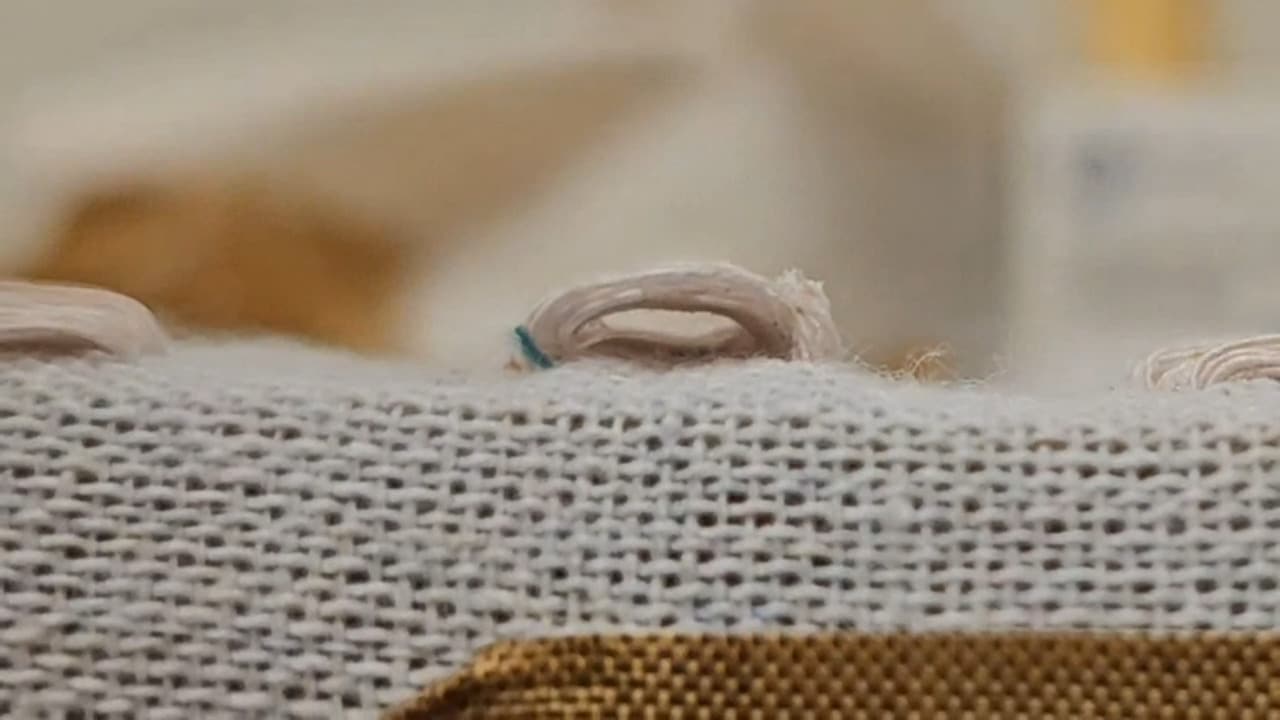Cancer-Surviving Cat Is First to Receive Total Knee Replacement
A cancer survivor named Cyrano will be the first cat ever to receive total knee replacement surgery. The pioneering feline will receive his new knee on Jan. 26 at North Carolina State University.
On Wednesday, Jan. 25, the day before the surgery, media are invited to meet Cyrano, view the implant, and speak with surgeon Denis Marcellin-Little and engineer Ola Harrysson at 3 p.m. in Room 2530 of the Terry Center at the NC State College of Veterinary Medicine. Parking is available in the Veterinary Health and Wellness Center lot located on William Moore Dr. For directions or questions, call Tracey Peake at (919) 515-6142.
Cyrano is a 10-year-old tabby cat who was treated for bone cancer last year and is now in total remission. However, the disease and treatment weakened the bone in his affected back leg and Cyrano’s knee deteriorated as a result. His owner, Sandy Lerner, felt that amputation would negatively affect the cat’s quality of life, and her search for other options brought them both to NC State and the team of orthopedic surgeon Dr. Denis Marcellin-Little and industrial and systems engineer Dr. Ola Harrysson.
Marcellin-Little and Harrysson are pioneers in osseointegration, a process that fuses a prosthetic limb with an animal’s (or human’s) bones. The NC State team, in collaboration with veterinarians and engineers from around the U.S. and abroad, will provide Cyrano with the first ever custom-made, osseointegrated feline knee replacement.
“Although total knee replacements in dogs are increasingly common, a cat poses some additional challenges, particularly regarding the size of the implant,” Marcellin-Little says. “Additionally, Cyrano’s existing leg bones were weakened by the cancer, so we must take care to be sure that the implant does not place undue stress on the remaining bone.”
Marcellin-Little and Harrysson began their work on osseointegrated pet prosthetics in 2005 with a cat named George Bailey, who was born without the lower half of his hind legs. Since then, the collaborators have done several implant surgeries, improving and strengthening the design and streamlining the manufacturing process, but Cyrano’s case was different enough to warrant additional collaborations – both with veterinary surgeons familiar with knee replacements in dogs, and with implant engineers and manufacturers. The result is a truly one-of-a-kind collaboration aimed at bringing feline knee replacements into the mainstream.
Cyrano’s case is unique, but Marcellin-Little hopes that this surgery will pave the way toward making feline knee replacements more commonly available. “This collaboration between NC State’s College of Veterinary Medicine, College of Engineering, and outside implant designers and manufacturers allows us to design and make implants that we could only dream of, in the past. I am sure that this technology will help other patients with tumors, in the future.”
-peake-
- Categories:


